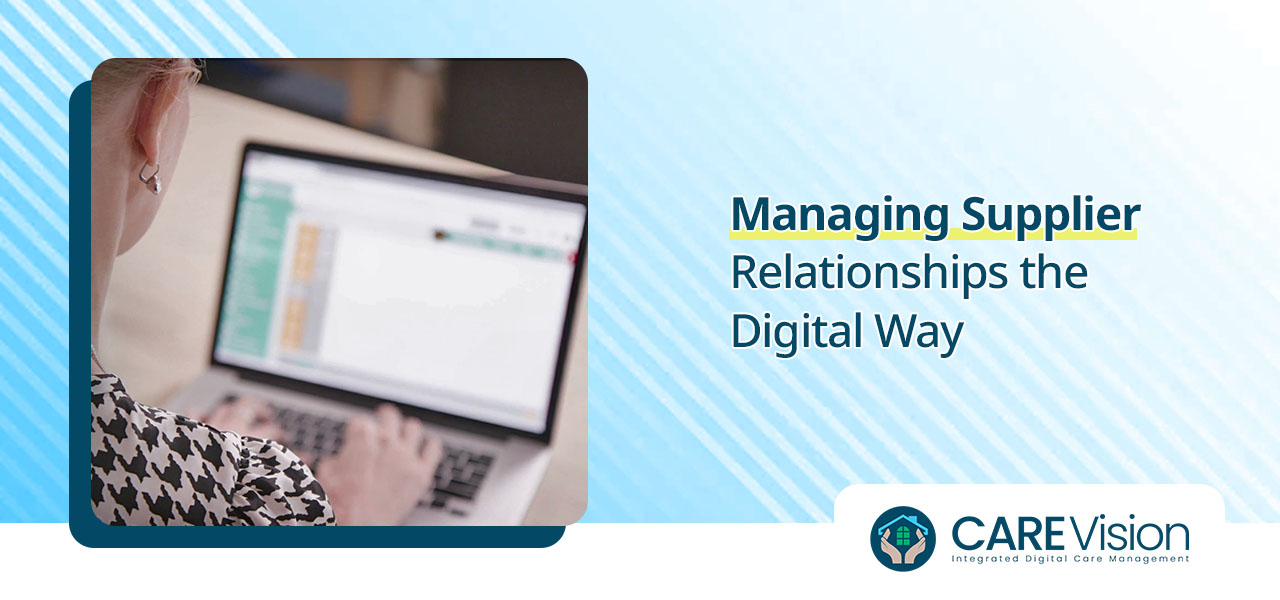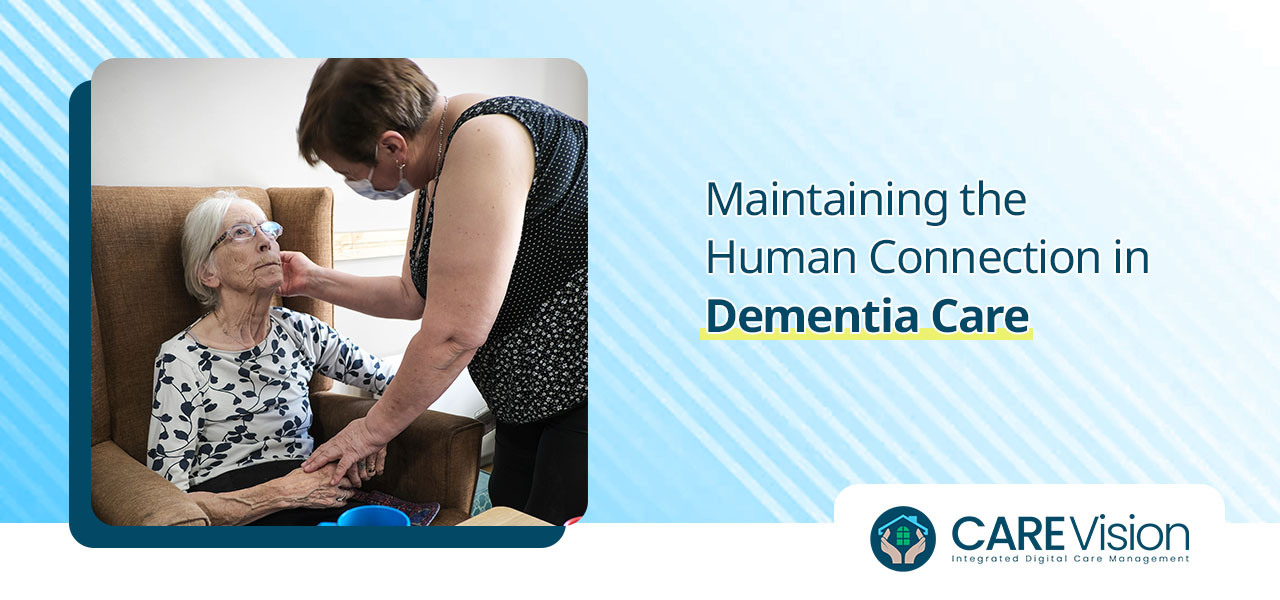October sees the arrival of Black History Month, which this year is focussing on pioneering black women who have made a difference in their communities, workplaces and the wider world. It aims to amplify voices that have historically not been heard, and to celebrate achievements that help women blaze a trail.
Black History Month is also an opportunity to take a fresh look at how black women are celebrated, supported and acknowledged in the world today. In a care home environment, this means ensuring that everyone can receive the healthcare and social wellbeing support that they need and deserve, while having their history and background acknowledged and respected at the same time.
In 2010, the Equality Act came into being, devised and designed to outlaw discriminatory behaviour and attitudes for reasons of a person’s sex or gender, age, disability, sexual orientation, religious beliefs – and race and cultural background. This important piece of legislation has gone on to shape workplaces in the UK and ensure that positive reinforcement of equality underlies all activities and engagement.
So, what does this look like in a busy care home? How can busy care home managers ensure that equality, equity, inclusion and diversity are not just trendy buzzwords that can be easily ignored? Here are some ways in which managers and their teams can focus on equality and diversity, including ideas for using a digital care management system to support this valuable aim.
Code of conduct
Establishing a code of conduct ton inform your care home’s equality and diversity policies is a great way to ensure that all staff, visitors and residents know what to expect and adhere to when working, living in or visiting your facility. Models can be found online to help you draw this up. Some good areas to include details about how diversity and inclusion form part of your core values, vision and employee practices, as well as decision-making, healthcare provision and communications.
Person-led care
Person-led care is all about putting the resident first in their own care planning and decision-making. Race and cultural preferences can play a huge part in this. Care home staff should ensure that residents’ cultural expectations can be met and associated beliefs and customs respected. This can include attitudes to different care methods, medications and therapies. There may also be differing requirements around privacy, communications protocols and language used.
Care Vision’s planning and recording features
Care Vision’s care planning tool and resident record feature are both highly useful in this regard. They can be used to record details about residents’ backgrounds, family and friends, preferred methods of communication, race, religion and cultural beliefs. This information can then be accessed by anyone who needs it to help inform care plans and arrange social activities that are genuinely inclusive, diverse and respectful of participants’ needs and preferences.
‘Sharing is caring’
In care homes where there is a mix of cultures and races represented amongst the staff and residents, this can offer excellent opportunities for people to share details, stories and insights about their own backgrounds and beliefs. This can be reflected in social events, mealtimes, film or TV programme choices, day trips and talks. People who wish to can be encouraged to share stories from their own backgrounds, play culturally significant music, read extracts from books and lead discussions about issues relating to their culture or race. The watchword here is respect and mutual sharing – staff can be on hand to help guide sessions and make sure that everyone’s voice can be heard.
Staff inclusion and diversity
Diversity, equality, equity and inclusion are not just the preserve of care home residents. Staff from different backgrounds need to feel welcomed, supported and listened to as well. Again, Care Vision can help with this in a number of ways. These include digital staff rota planning that can take into account religious and cultural high days and holidays. Being able to record and refer to staff’s individual requirements to help them feel comfortable to carry out their work can also help permeate the importance of equality and diversity amongst the wider team. The software can also record and track staff training so that managers can ensure that diversity, equity and equality training has been completed, with refreshers and updates as required.






